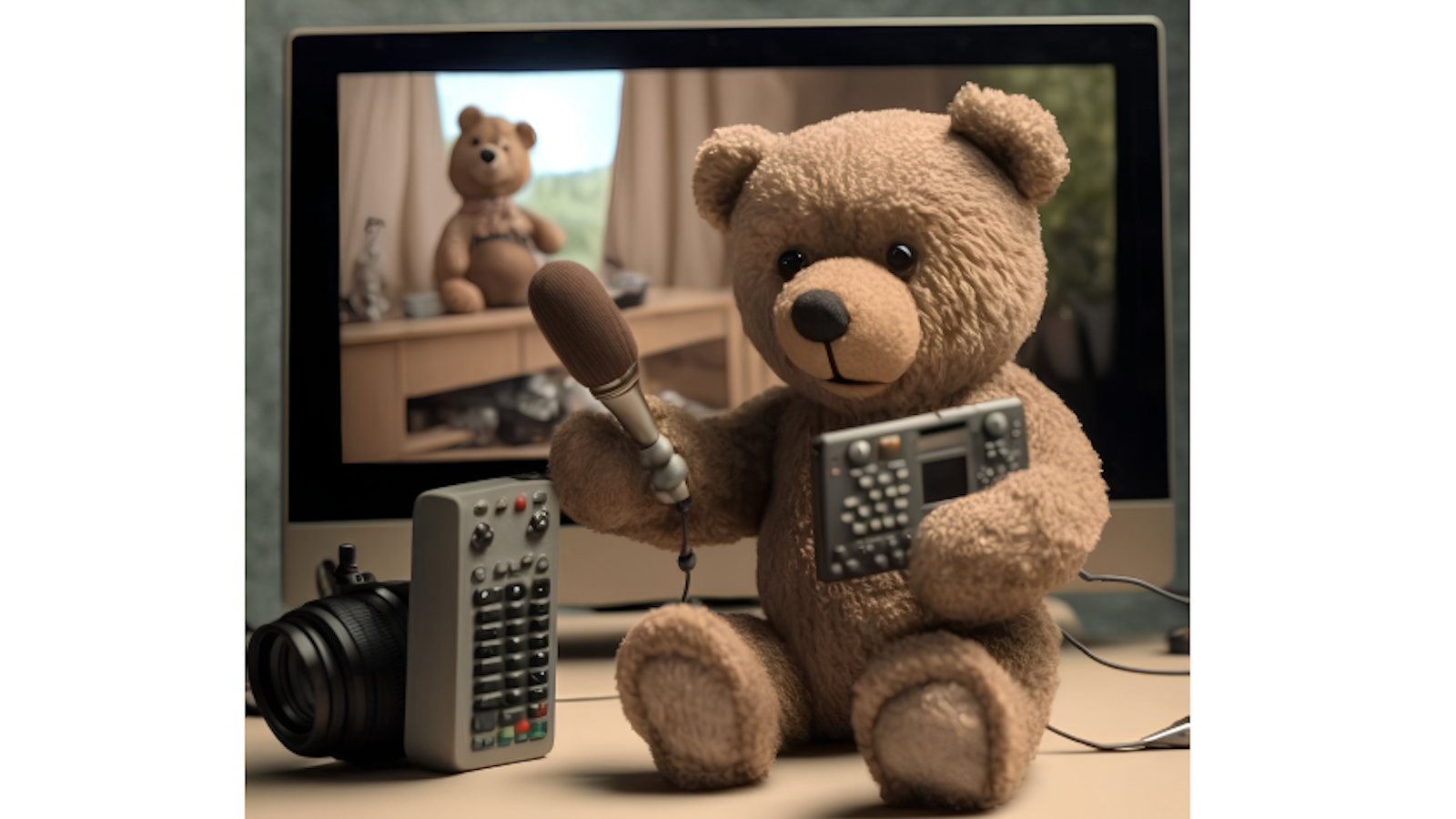
Testimony: Trespass Towing in Baltimore City
Today we testified in support of a Baltimore City bill to update and improve consumer protections for trespass towing.
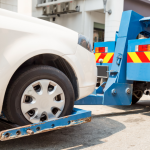
Today we testified in support of a Baltimore City bill to update and improve consumer protections for trespass towing. Our testimony is below.
Emily Scarr, Maryland PIRG Director
Rules and Legislative Oversight
Trespass Towing – Revisions 21-0125
December 2nd, 2021
Chair Schleifer
Position: SUPPORT
Maryland PIRG is Baltimore-based statewide, non-partisan, non-profit, small donor funded public interest advocacy organization with grassroots members across the state. For forty years we’ve stood up to powerful interests whenever they threaten our health and safety, our financial security, or our right to fully participate in our democratic society.
In May, Maryland PIRG Foundation, along with our national partners at U.S. PIRG, conducted an in-depth study of towing problems and towing laws nationwide, and found that inadequate consumer protections exist throughout nearly every city and state regarding vehicles that are supposedly parked improperly and then towed.
To be clear, we don’t believe it’s OK for drivers to park their vehicles improperly or illegally and face no consequences at all. Businesses shouldn’t have their parking lots occupied by cars whose drivers aren’t customers. Apartment complexes shouldn’t have parking spaces taken up by people with no business parking there, which then affects tenants and visitors. And public streets shouldn’t be clogged with inappropriately parked vehicles. When drivers park improperly, there should be consequences possibly including towing or booting, and appropriate towing fees.
But there is abuse in this space and it’s often the most vulnerable who are taken advantage of. Baltimore and Maryland are doing considerably better than other cities and states in providing consumer protections from towing, but these proposed changes in Baltimore law would help plug some gaps in state and local law.
The protections outlined in this bill are in line with the policy recommendations from our report and include:
- Set the maximum tow charge at $250. We’d recommend a lower cap for a normal car or SUV, but this is an improvement.
- Reducing the allowable “drop” or release fee to no more than 25% of the regular towing fee. Maryland state law allows drop fees of up to half the towing fee. This would apply when a driver returns to their vehicle before the tow truck driver has towed the car away, and is a helpful protection.
- Constraining conditions under which a drop fee applies. It is maddening and inefficient for a driver to return to their vehicle, be willing to pay a reasonable fee and instead be forced to watch their car get towed away.
- Prohibiting patrol towing except between 2 a.m. and 7 a.m. When individual towing companies are allowed to patrol or stalk drivers, they have an incentive to “catch” vehicles that are supposedly parked improperly. Bad things happen when tow trucks stalk vehicles. This has been one of the more common complaints about towing practices in Baltimore, so is a needed protection.
- Requiring acceptance of payment by credit card. Maryland law allows an impound lot to have an ATM on site in lieu of accepting credit cards. That doesn’t help the driver who doesn’t have enough money in their bank account to pay the bill, or who is counting on that money for rent. Requiring companies to accept credit cards is much-needed.
- Updating information required to be on receipts and creating parity between receipts and other required records. This update ensures consumers are given information about the Baltimore City Towing Board. It also requires towing companies to identify who authorized the tow, which increases accountability and transparency for towing companies for the public and with their contracts, allowing for stronger oversight by the towing board.
Maryland and Baltimore have been ahead of the curve in providing some protections that other cities and states don’t, like requiring an impound lot to give a driver access to all possessions in the vehicle, such as cellphones and child car seats, before they pay the fee. Under Maryland law towing operators must notify law enforcement within an hour of when a vehicle is towed, must provide 24/7 access to vehicles, must reimburse drivers for any vehicle damage caused by the tow truck and even take photos of vehicles before they’re towed. These are all good things, but we can and should do better.
In addition to the provisions outlined in this bill, the Towing Board should also set a cap on daily storage fees of $15 or $20. While state law in Maryland caps fee’s at $30, other states have caps of $20 or less and we should follow suit.
Drivers who park improperly or for too long on private or public property should face reasonable consequences. But they should have basic protections when their car is towed. Helping consumers and our financially vulnerable by instituting these restrictions on the towing industry is a good idea and we hope you take it.
We urge the Committee to support this bill.
Topics
Authors
Emily Scarr
State Director, Maryland PIRG; Director, Stop Toxic PFAS Campaign, PIRG
Emily directs strategy, organizational development, research, communications and legislative advocacy for Maryland PIRG. Emily has helped win small donor public financing in Baltimore City, Baltimore County, Howard County, Montgomery County, and Prince George's County. She has played a key role in establishing new state laws to to protect public health by restricting the use of antibiotics on Maryland farms, require testing for lead in school drinking water and restrict the use of toxic flame retardant and PFAS chemicals. Emily also serves on the Executive Committees of the Maryland Fair Elections Coalition and the Maryland Campaign to Keep Antibiotics Working. Emily lives in Baltimore City with her husband, kids, and dog.
Find Out More
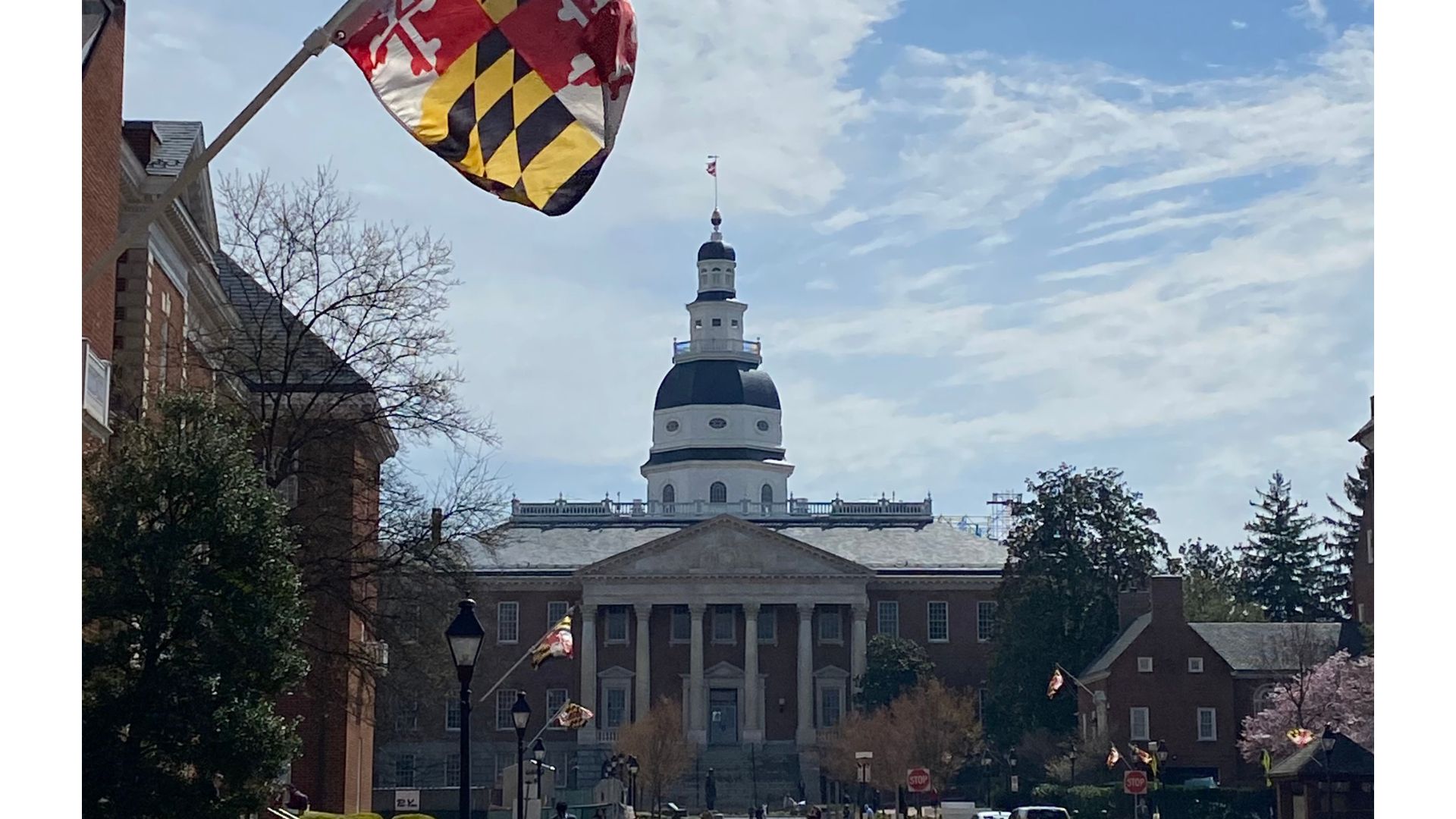
2024 Legislative Agenda and Priorities
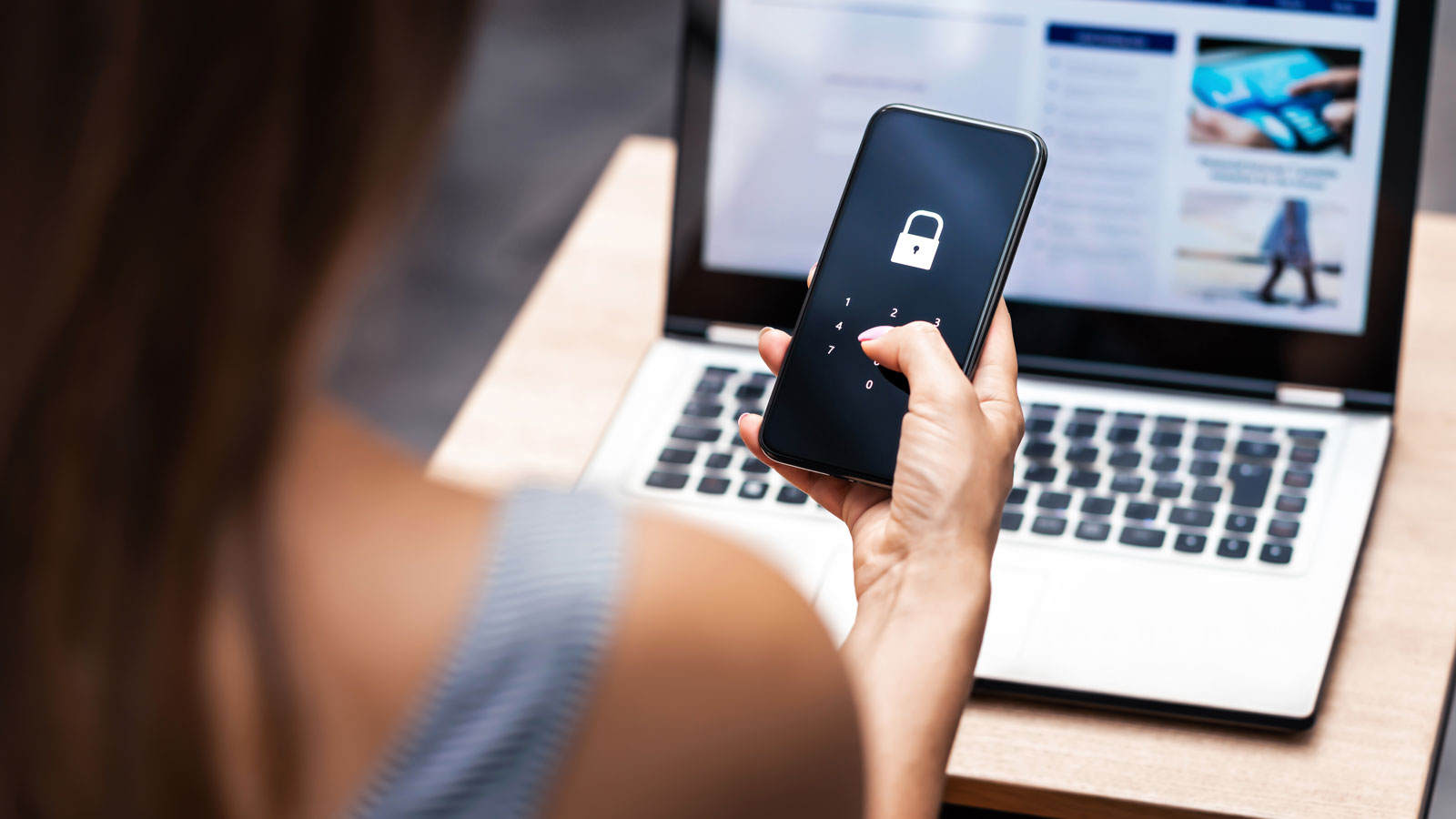
5 steps you can take to protect your privacy now
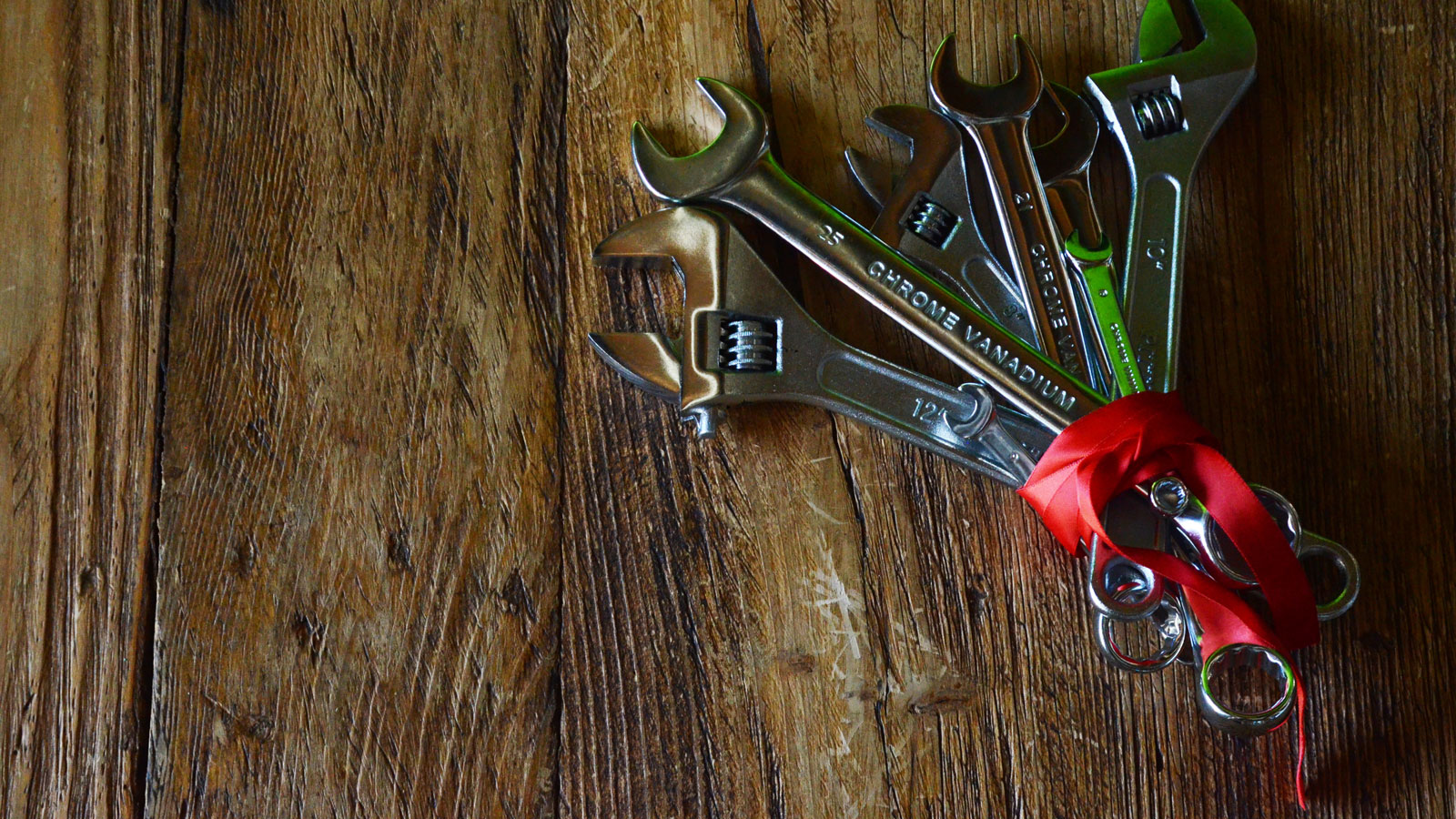
Fixed for the Holidays
